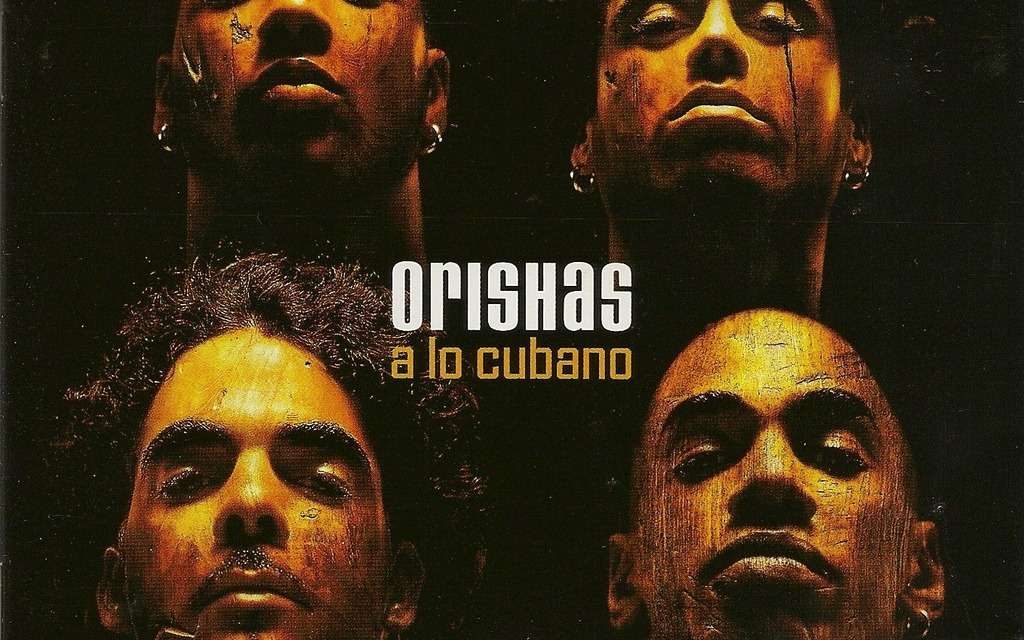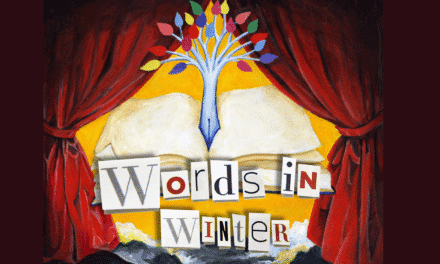Marlon Toner-McLachlan
Despite political tensions, Cuba and the United States have a long history of cross-cultural musical pollination. Take, for instance, salsa music. Although many think of the genre as distinctly Latin American, it was actually born in New York City, emerging in the 1960s from the diaspora of Cuban and Puerto Rican immigrants. Incorporating elements of jazz into traditional Afro-Cuban forms, the vibrant sound soon found fans all over Latin America. Thirty years on from this, as if to repay the favour, a little bit of New York found its way to Cuba. On Orishas debut album A Lo Cubano, hip-hop met the Caribbean nation with stunning results.
An album like this was probably an inevitability, given the rapid rise of hip-hop in the 90’s, but A Lo Cubano never sounds like some slapdash attempt to cash in on a trend. The three MC’s all clearly know their craft and could go toe-to-toe with any American rapper of the era. That being said, one could never accuse them of shamelessly aping those rappers – they make the sound all their own. Orishas walk a fine line between their two influences and they walk it with a flair unlike anyone else.
Bringing a bit of sharp Cuban energy to the album is singer Roldán González Rivero. On songs like the standout title track, his voice soars over the chorus and punctuates the rappers’ verses with that special quality you only really find in singers from Latin America. It’s a style that heavily recalls those early days of salsa and there’s no doubt that Roldán would fit seamlessly into a Fania concert.
On A Lo Cubano, Orishas examines issues of poverty and Afro-Latino identity with biting poignancy on tracks like Madre, but they can just as easily deliver braggadocios lyrics celebrating partying and the Cuban spirit. Don’t worry if your Spanish falls on the more rudimentary side of things though, the record is still easily appreciated from a purely musical perspective.
Before reggaeton and latin trap blended hip-hop with latin styles, becoming the behemoths of global music that they are now, there was A Lo Cubano. Whilst it obviously lacks the success that its successors currently enjoy, it still stands out as a compelling mix of boom-bap drums and punchy raps with tumbao bass and congas. Across the album, Orishas makes this inspired amalgam sound like the most natural thing in the world.
Marlon Toner-McLachlan is a local resident who reviews music for the Wombat Post.





